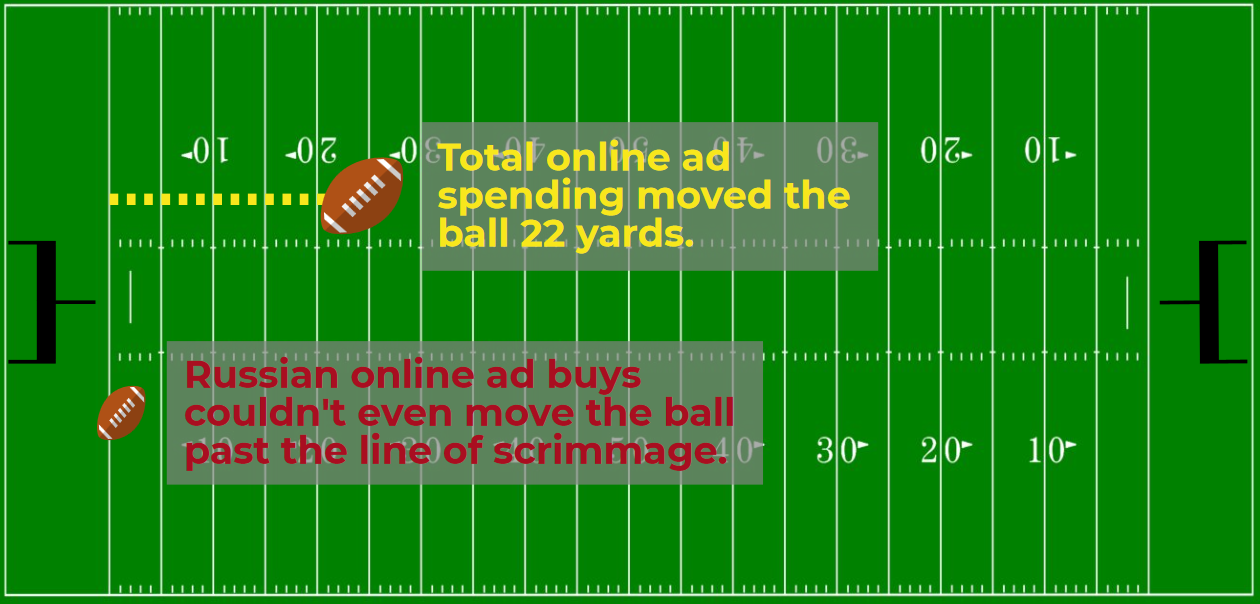We were pleased to see The New York Times recently acknowledge that campaign spending in the 2014 election cycle declined from spending in the previous midterm – the 2010 election cycle. It’s an important fact that challenges the dominant narrative of money growing ever larger and more pervasive in American democracy and invites us to think deeper about the intersection of influence, elections, and wealth.
Unfortunately, not everyone will take that invitation. Media Matters for America, an organization that is heavily invested in the narrative of money buying votes, is now attacking the Times for daring to publicize the inconvenient truth of declining campaign spending. MMFA lashes out at the Grey Lady in a blog post that bizarrely accuses the Times of “downplay[ing] the influence of money in politics,” a charge which is sure to tickle CCP followers familiar with the Times’ history of overstating the amount of money spent on campaigns and its effects.
In short, MMFA complains that the Times’ reporting “obscures the especially outsized role large donors have in elections and downplays the proportion of large donations to overall campaign spending,” that it “glossed over the record spending made by outside groups in the 2014 midterms,” and that, “[m]ost egregiously, [the author] failed to note the role of dark money in elections.”
In other words, the Times is being scolded for deviating from the speech police lobby’s script on money in politics. You’ll notice that MMFA never attempts to refute the point that overall campaign spending fell from 2010 to 2014. Instead, they simply bash the Times for failing to couch their findings within MMFA’s preferred rhetoric and context. It’s a deplorable effort to shame a news organization into behaving like an activist.
It’s also a classic case of narrative running headlong into a brick wall of contradictory facts, and the facts always win those collisions. As we credit The New York Times for taking the high road – reporting an unusual statistic and seeking out experts to explain it – we should also shame Media Matters for America for taking the low road – plugging its ears, shutting its eyes, and yelling “I CAN’T HEAR YOU. I CAN’T HEAR YOU.”
If Media Matters truly wants to advocate responsible journalism on money in politics, it has ample opportunity to do so. For example, the Times’ poor handling of the IRS scandal has drawn criticism from the paper’s own public editor. Perhaps MMFA should lend its voice to that worthy cause rather than continue trying to force a generally friendly publication to say ten Hail Mary’s and Dark Money’s to atone for the great sin of stating the facts.













